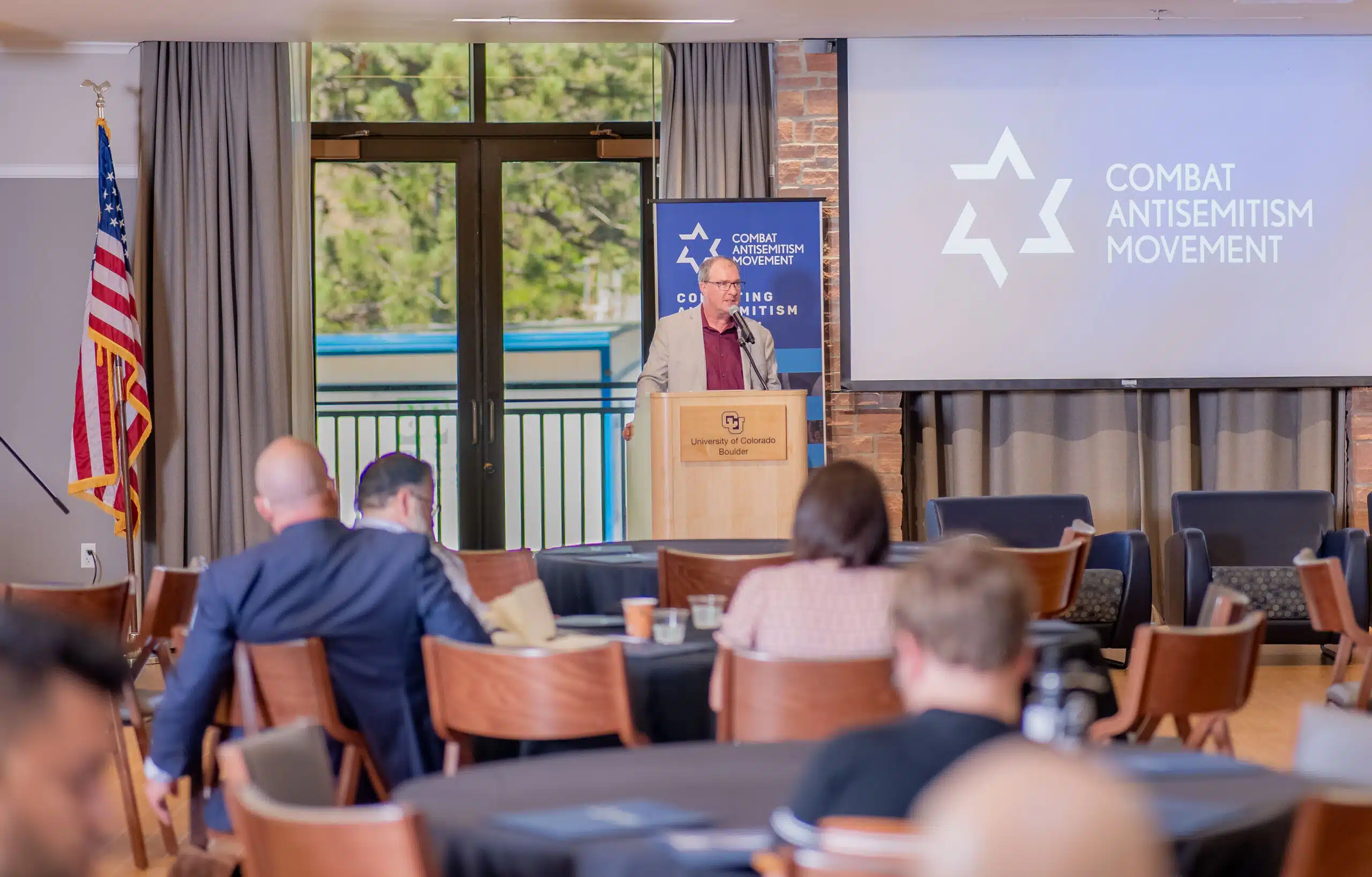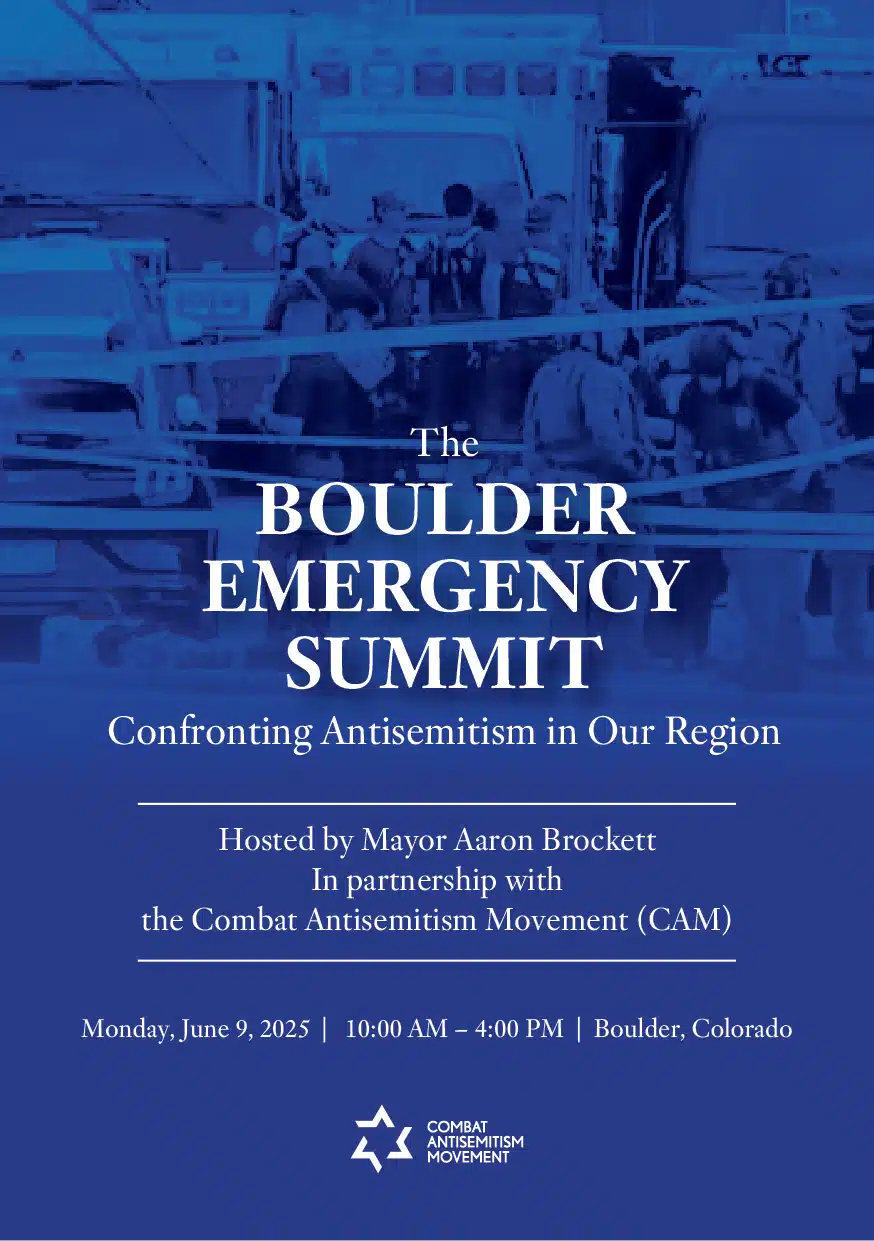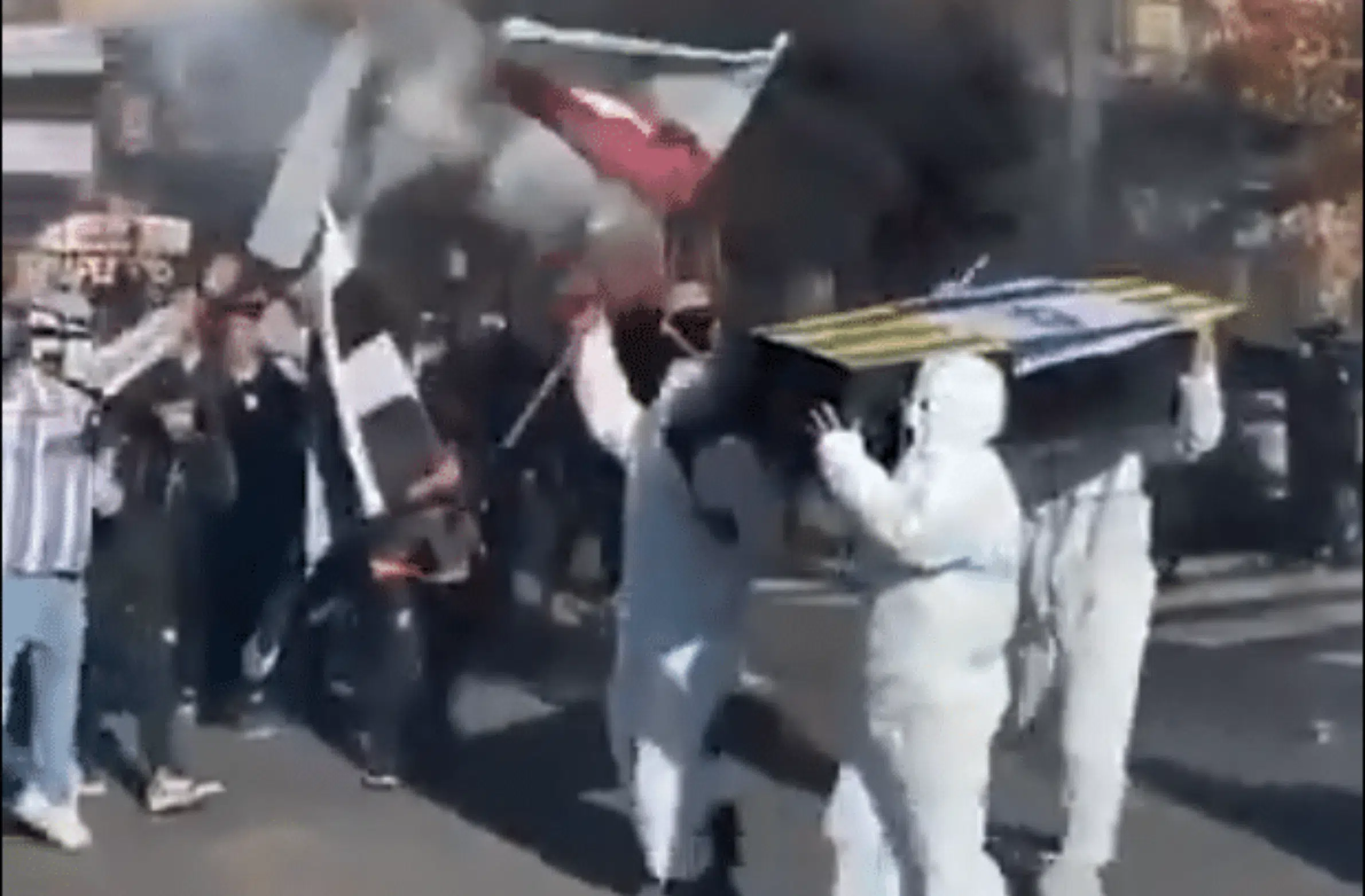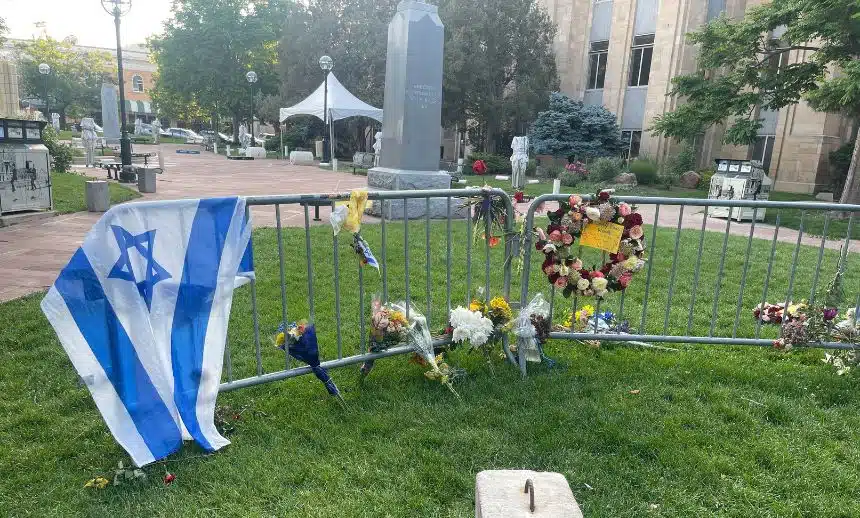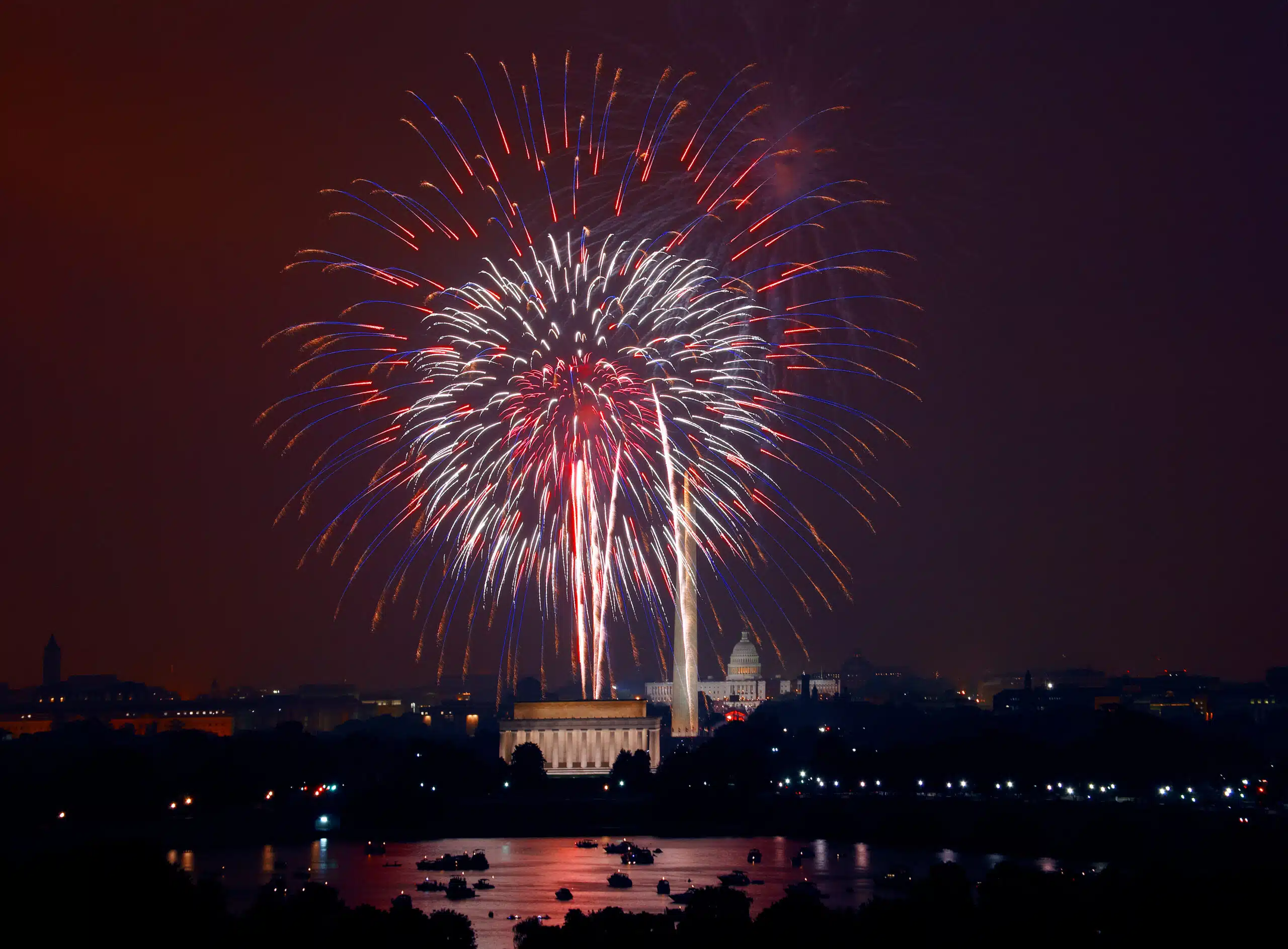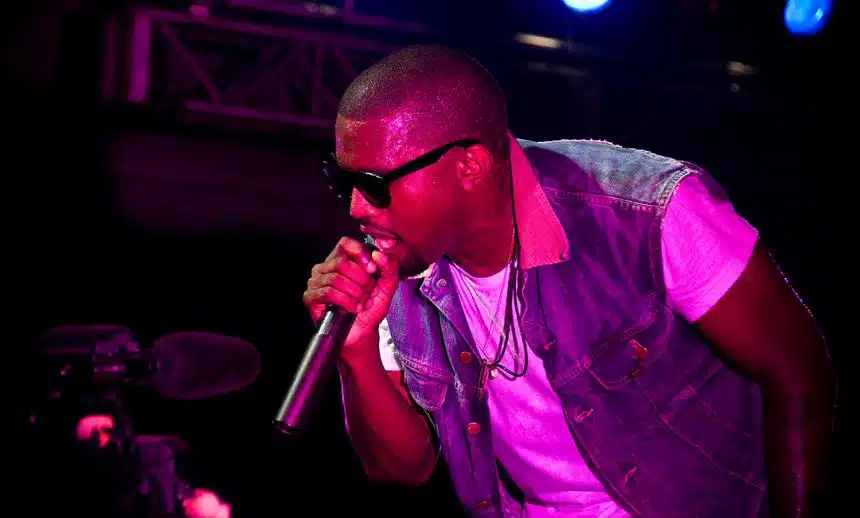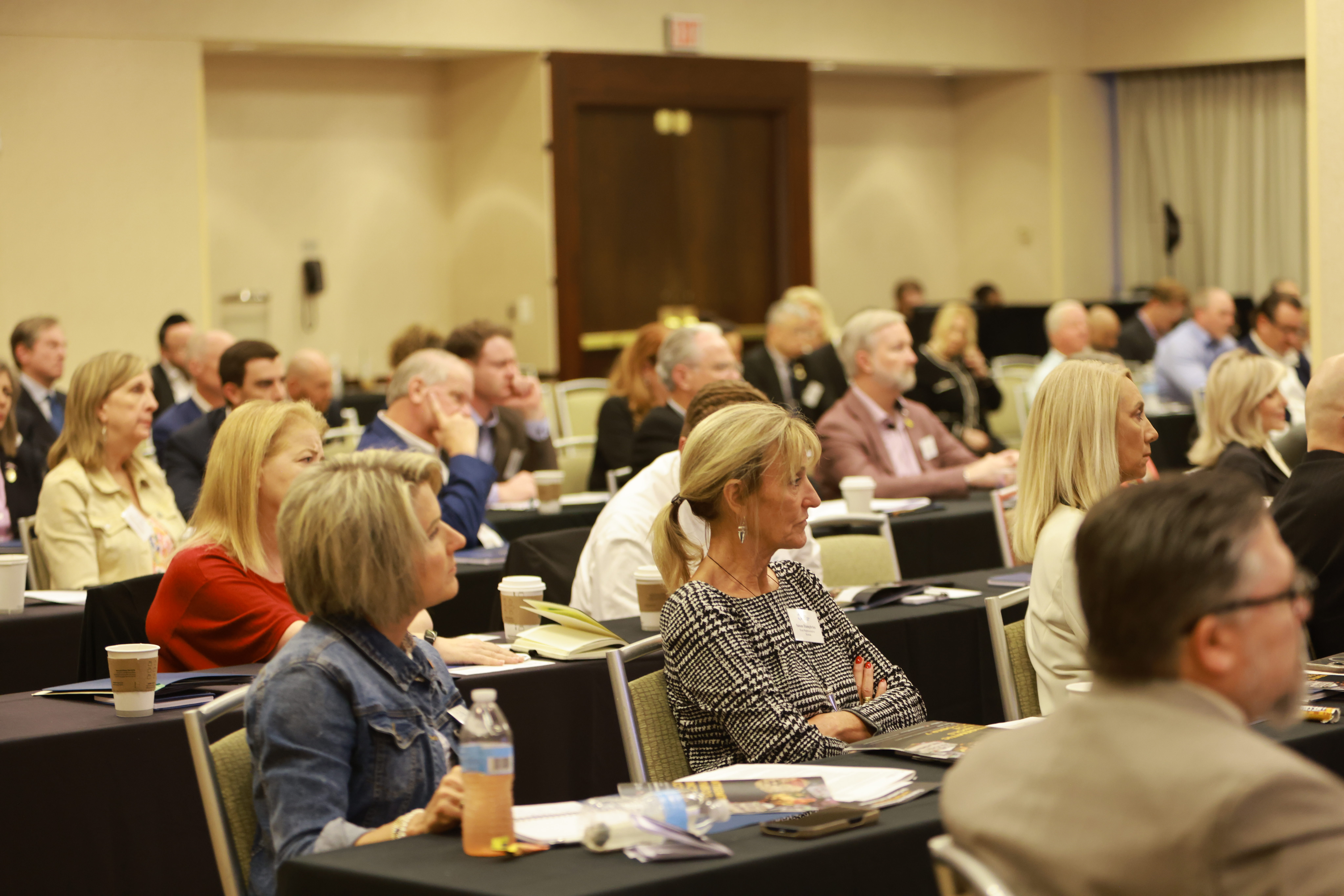
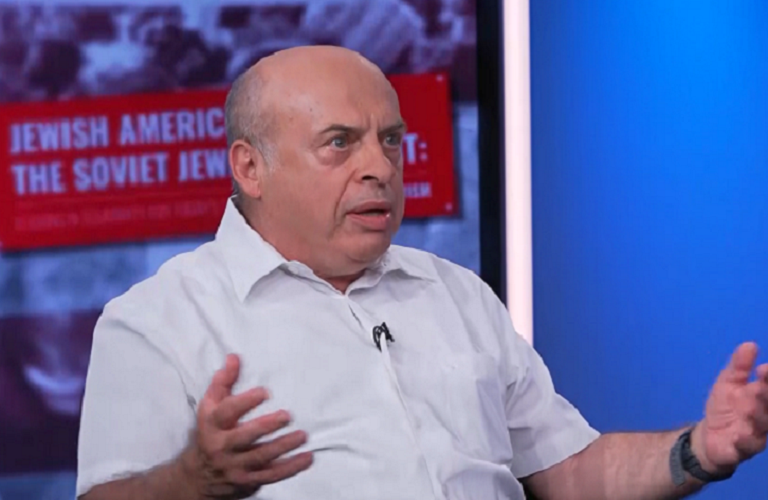
Sharansky, US leaders Say Soviet Jewry Struggle Can Inspire Today’s Fight Against Antisemitism
27 May 2021 (New York) – Human rights icon and former Soviet refusenik Natan Sharansky, U.S. Rep. Grace Meng, Malcolm Hoenlein and Prof. Susannah Heschel, daughter of Rabbi Abraham Joshua Heschel, were among the leading figures who participated in a special online symposium marking Jewish American Heritage Month. Speakers emphasized that the Free Soviet Jewry campaign’s successful blending of grassroots activism and political advocacy can be a model in today’s fight against the dangerous growth of antisemitism.
Organized by the Combat Antisemitism Movement (CAM), the National Museum of American Jewish History, and the National Coalition Supporting Eurasian Jewry, the event highlighted the importance of cross-communal and interfaith partnerships. It also explored how to mobilize a new generation to defeat antisemitism and bigotry. The symposium came following the recent explosion of antisemitic incidents, which has seen Jews targeted both online and physically in the streets of cities and towns in countries across the world.
Natan Sharansky described himself as having been “a typical assimilated Soviet Jew, which meant that there was nothing Jewish in our life,” but that American activists, “this army of students and housewives who defeated the army of the KGB” and US Jewish organizations provided “a bridge, a living connection with world Jewry.”
Meanwhile, Malcolm Hoenlein outlined his involvement in the Free Soviet Jewry campaign, saying“we built this grassroots movement, but merged it with the establishment… Soviet Jewry became the vehicle to bring the whole community together,” adding that “young people can learn a lot and be inspired.”
Comparing to today, he said “we see more and more divisiveness, which has always been the danger to the Jewish community, more than any external danger” and called for more education among the young generation. He said, “we want to have the diversity, but there has to be some common values, common purpose, that unites us and enables us to work together.”
Sharansky concurred, saying “When people lose sight that we are one family, with a mutual past and a mutual future, this is where the problems begin.” He added, “the issue that united us is being lost today. Our political polarization is so strong, it is making us blind.”
The event also paid tribute to Dr. Martin Luther King’s support for the Free Soviet Jewry campaign. Prof. Sussanah Heschel recalled her father, Rabbi Abraham Joshua Heschel’s relationship with Dr. King. She said, “My father spoke out, and Dr. King spoke out for Russian Jewry. Their voices were so important. Dr. King brought support for the free Soviet Jewry movement… and made it so clear that freedom for one is freedom for all, we all have to live in freedom and justice.”
Providing comtemporary analysis, U.S. Rep. Grace Meng (D-NY) Co-Chair of the House Bipartisan Task Force for Combating Antisemitism, opened by saying “My heart is with the Jewish community this week as we’ve seen a dramatic increase in antisemitic incidents.” She added that “it has been a particularly difficult year for the Asian-American community across the U.S. as we have been living in terror and fear” and said that the Free Soviet Jewry campaign is a model for communities. Rep. Meng commented, “The legacy of the Jewish community’s work during the Soviet Jewry movement, has created a playbook that so many of us that suffered discrimination on the basis of race or religion, have continued.”
Emphasizing the importance of cross-communal relations and the way in which the Free Soviet Jewry movement galvanized all of American society, the symposium also highlighted the crucial support for the Free Soviet Jewry movement from non-Jewish activists, including former U.S. Rep. John Lewis, Sister Ann Gillen and Father Robert Drinan.
Majid Alsayegh, Chairman of the Board, Dialogue Institute spoke of the need to find common ground to build understanding and partnership between different communities. He emphasized how Jews and Muslims have worked together to promote hate crime legislation, adding “We must help our communities humanise the other, not demonise the other. We still obviously have a lot of work to do.”
Underscoring the importance of political activism to help achieve the goals of the Free Soviet Jewry campaign, which crucially enjoyed widespread bipartisan support, the symposium also paid tribute to the indomitable work of former US Senator Henry Jackson and former US Secretary of State George Shultz. Mark Levin, Executive Vice-Chairman and CEO of NCSEJ, called them “Two giants of American politics, who had a profound impact on the lives of American Jews and Jews living in the former Soviet Union.” Levin also described the landmark Freedom Sunday Rally in December1987, which has become a seminal moment in American Jewish history.
The entirety of the symposium can be viewed here or below:
read more
Join Our Newsletter
Free to Your Inbox
"*" indicates required fields

